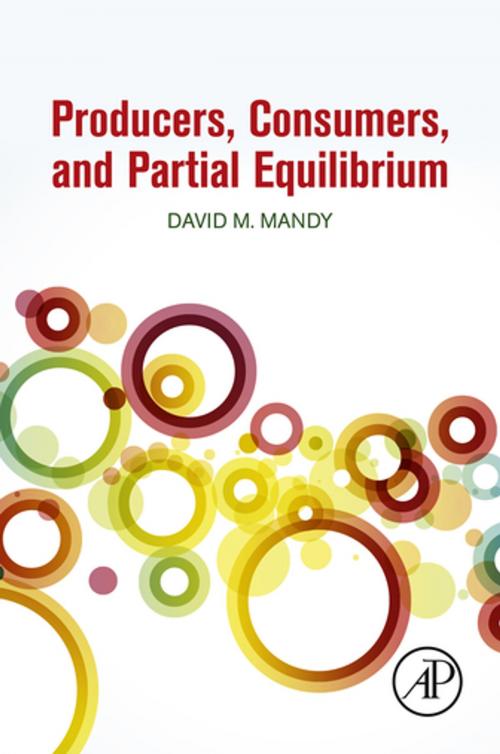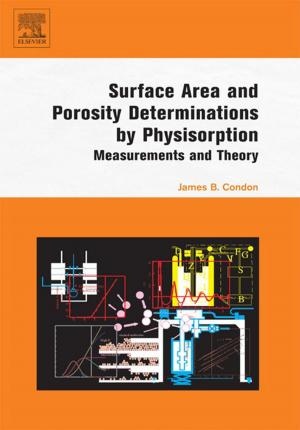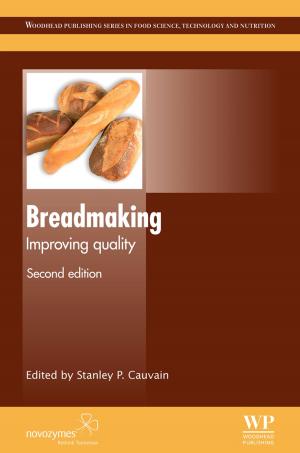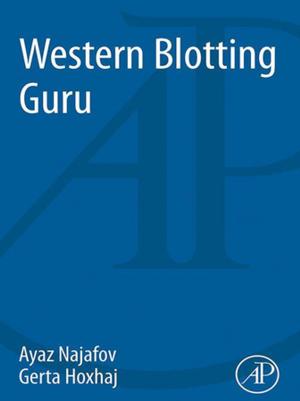| Author: | David Mandy | ISBN: | 9780128110249 |
| Publisher: | Elsevier Science | Publication: | November 26, 2016 |
| Imprint: | Academic Press | Language: | English |
| Author: | David Mandy |
| ISBN: | 9780128110249 |
| Publisher: | Elsevier Science |
| Publication: | November 26, 2016 |
| Imprint: | Academic Press |
| Language: | English |
Producers, Consumers, and Partial Equilibrium provides a systematic and accessible presentation of the full formal details in the core theories of producer and consumer choice under conditions of price taking; and covers the standard theories of competitive, monopoly, and oligopoly partial equilibrium among these economic actors. The book pulls together foundational content from many classic sources and organizes it in a self-contained format that rigidly adheres to optimization as the central behavioral postulate and analytical tool for economic theory.
The book maintains a sharp focus on the properties of outcomes from optimizing behavior in varying environments. These properties are the refutable hypotheses from each optimization behavioral postulate, and they form the core content of this positive economic theory. In so doing, the book presents and documents the underlying formal structure of the theory with a higher degree of integration and completeness than is typical of Ph.D. textbooks in microeconomics.
- Includes comprehensive, focused and unified coverage of the mathematics required for the core theories of producer and consumer choice, and partial equilibrium
- Presents a generalized envelope theorem as a key source of refutable hypotheses
- Delineates the role of active versus inactive constraints in generating refutable hypotheses
- Discusses convex functions in economic optimization environments
- Presents the full formal details of core producer and consumer and producer theory in a unified and systematic manner
- Emphasizes the refutable hypotheses resulting from behavioral postulates and the completeness (duality) of those hypotheses for the postulated behavior within microeconomics
- Includes end-of-chapter exercises, full index, and an instructor’s solutions manual
- Includes a concordance that matches its chapters with those of major textbooks
Producers, Consumers, and Partial Equilibrium provides a systematic and accessible presentation of the full formal details in the core theories of producer and consumer choice under conditions of price taking; and covers the standard theories of competitive, monopoly, and oligopoly partial equilibrium among these economic actors. The book pulls together foundational content from many classic sources and organizes it in a self-contained format that rigidly adheres to optimization as the central behavioral postulate and analytical tool for economic theory.
The book maintains a sharp focus on the properties of outcomes from optimizing behavior in varying environments. These properties are the refutable hypotheses from each optimization behavioral postulate, and they form the core content of this positive economic theory. In so doing, the book presents and documents the underlying formal structure of the theory with a higher degree of integration and completeness than is typical of Ph.D. textbooks in microeconomics.
- Includes comprehensive, focused and unified coverage of the mathematics required for the core theories of producer and consumer choice, and partial equilibrium
- Presents a generalized envelope theorem as a key source of refutable hypotheses
- Delineates the role of active versus inactive constraints in generating refutable hypotheses
- Discusses convex functions in economic optimization environments
- Presents the full formal details of core producer and consumer and producer theory in a unified and systematic manner
- Emphasizes the refutable hypotheses resulting from behavioral postulates and the completeness (duality) of those hypotheses for the postulated behavior within microeconomics
- Includes end-of-chapter exercises, full index, and an instructor’s solutions manual
- Includes a concordance that matches its chapters with those of major textbooks















